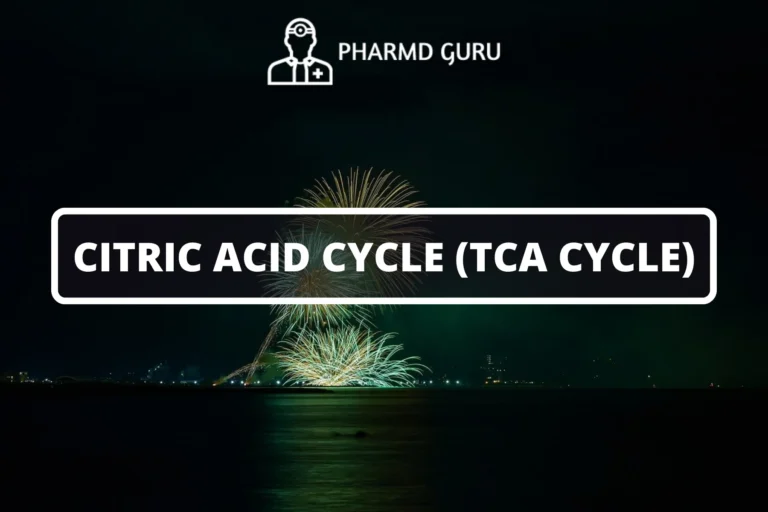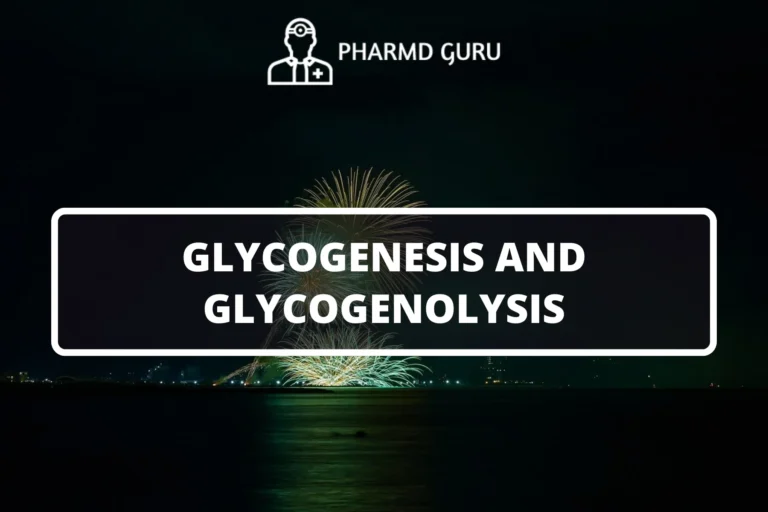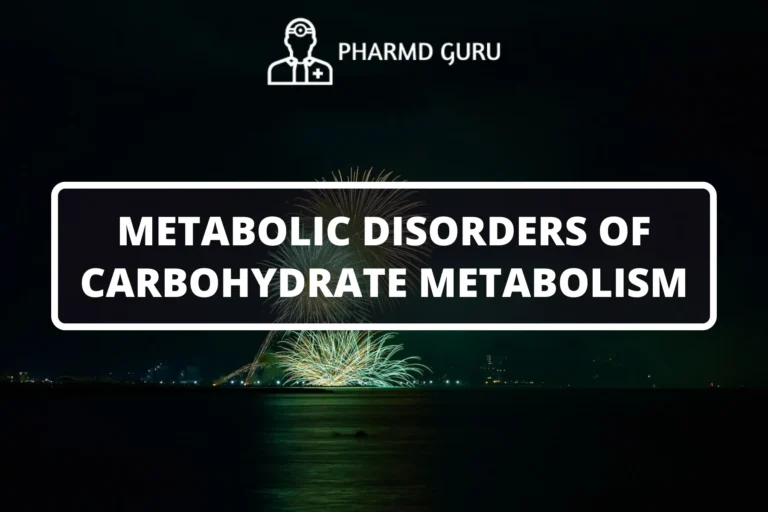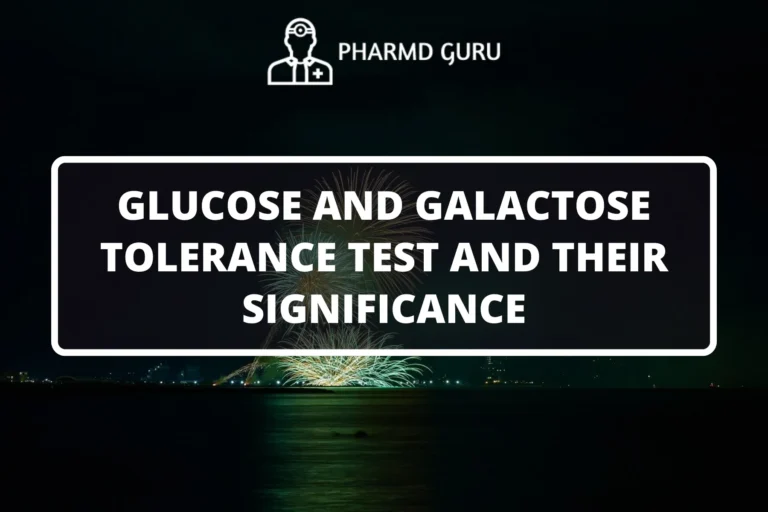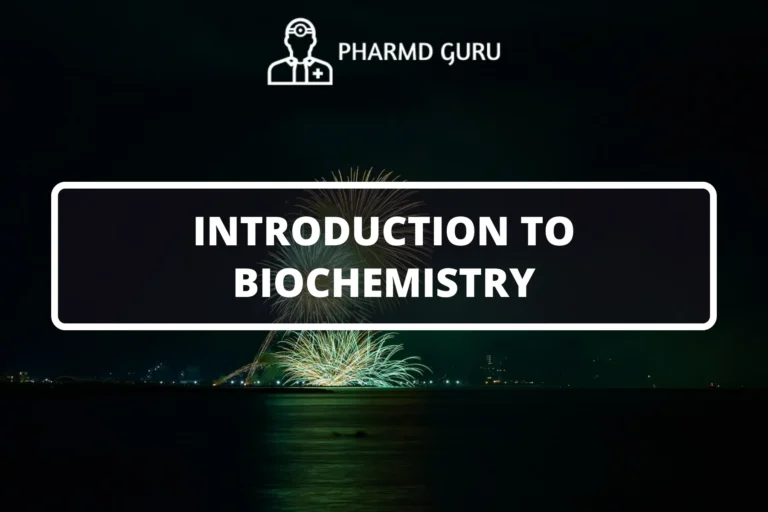
INTRODUCTION TO BIOCHEMISTRY
Biochemistry is a branch of science that explores the chemical processes and substances that occur within living organisms. It delves into the structure, function, and interactions of biological macromolecules, such as proteins, nucleic acids, carbohydrates, and lipids, which are crucial…



